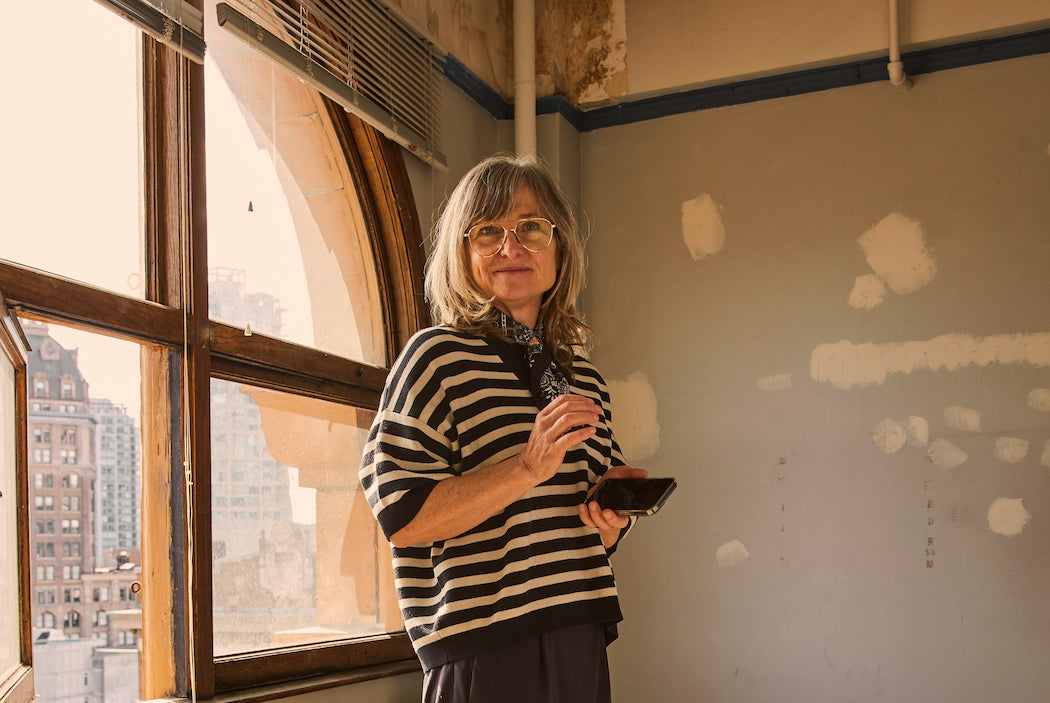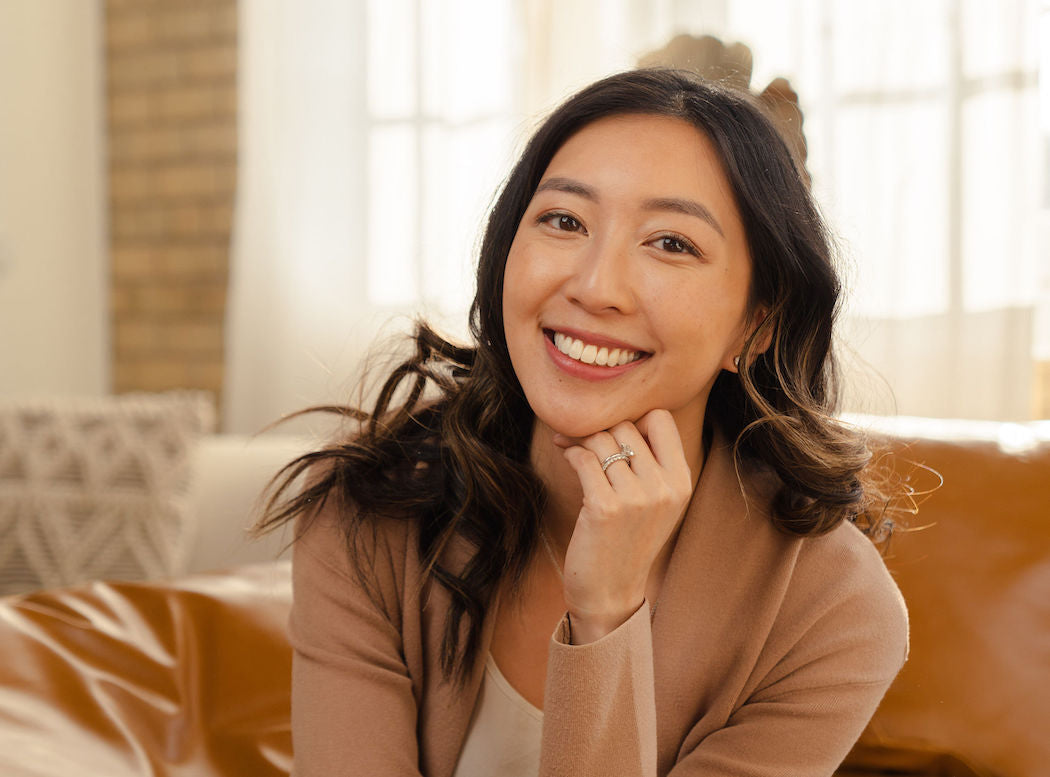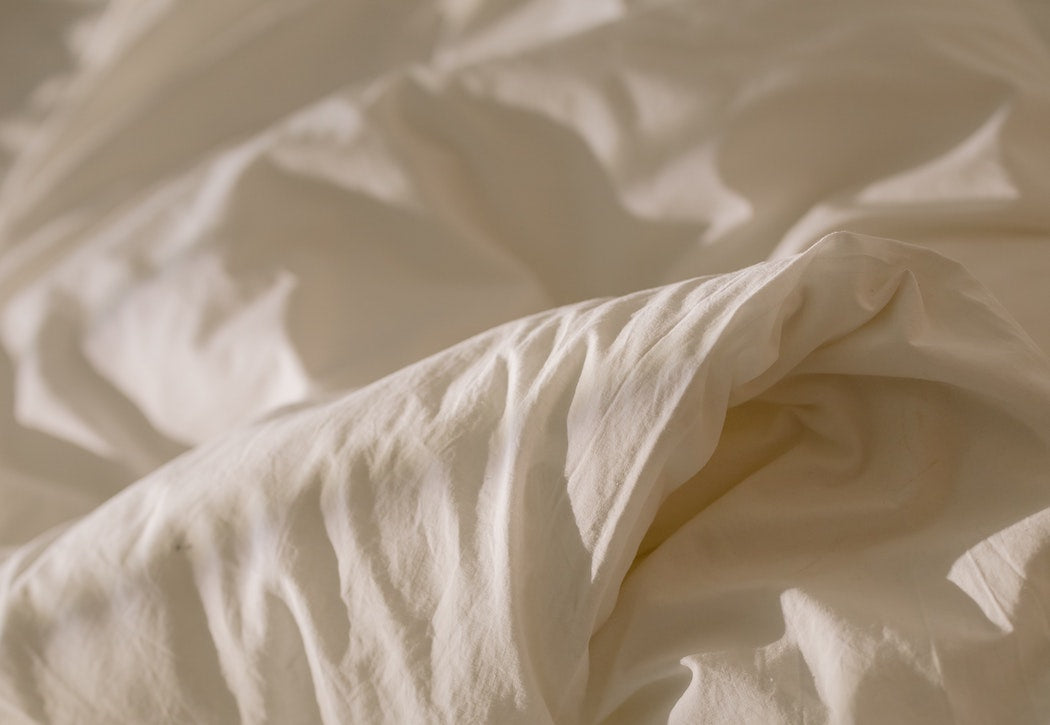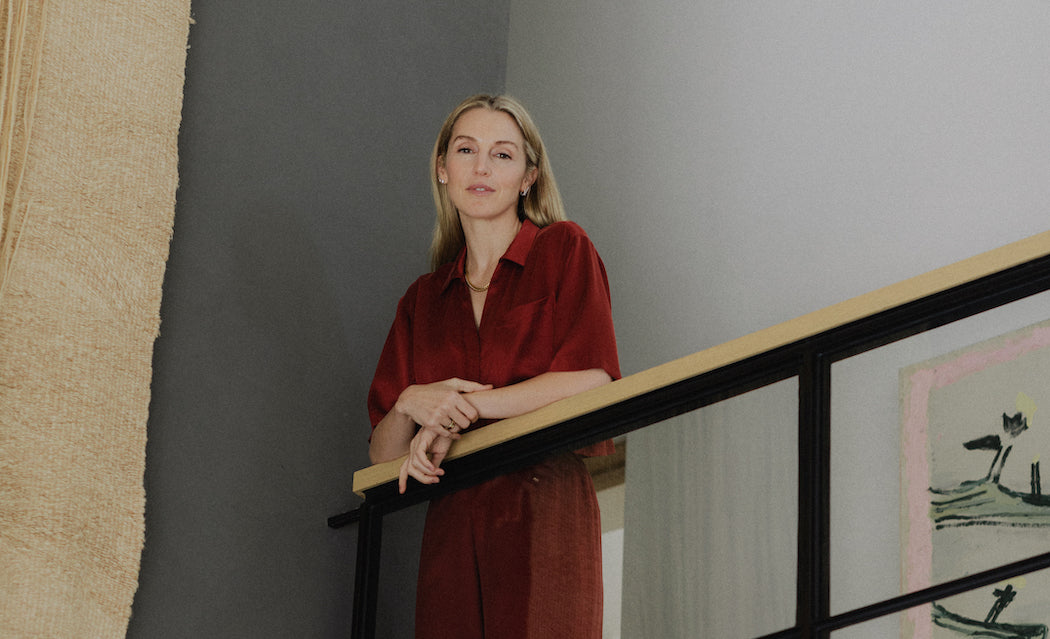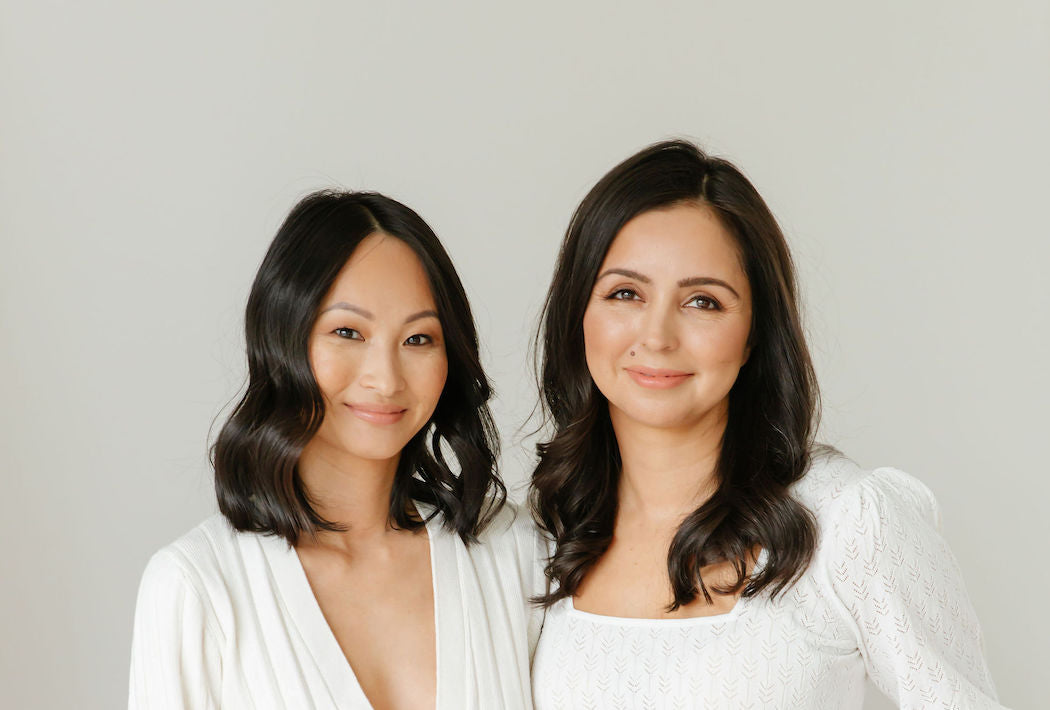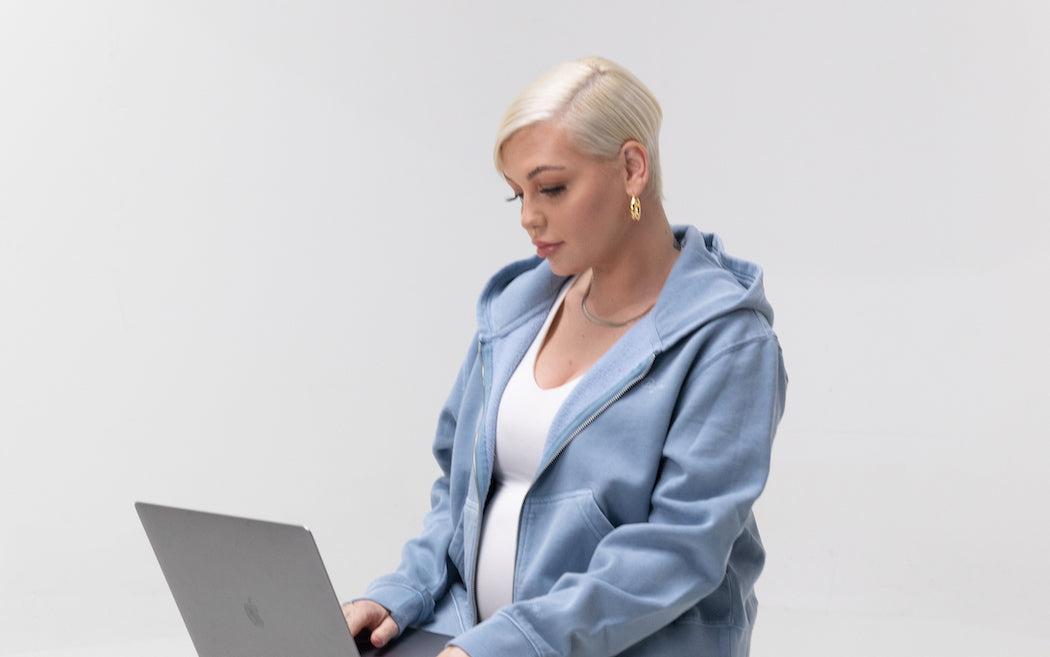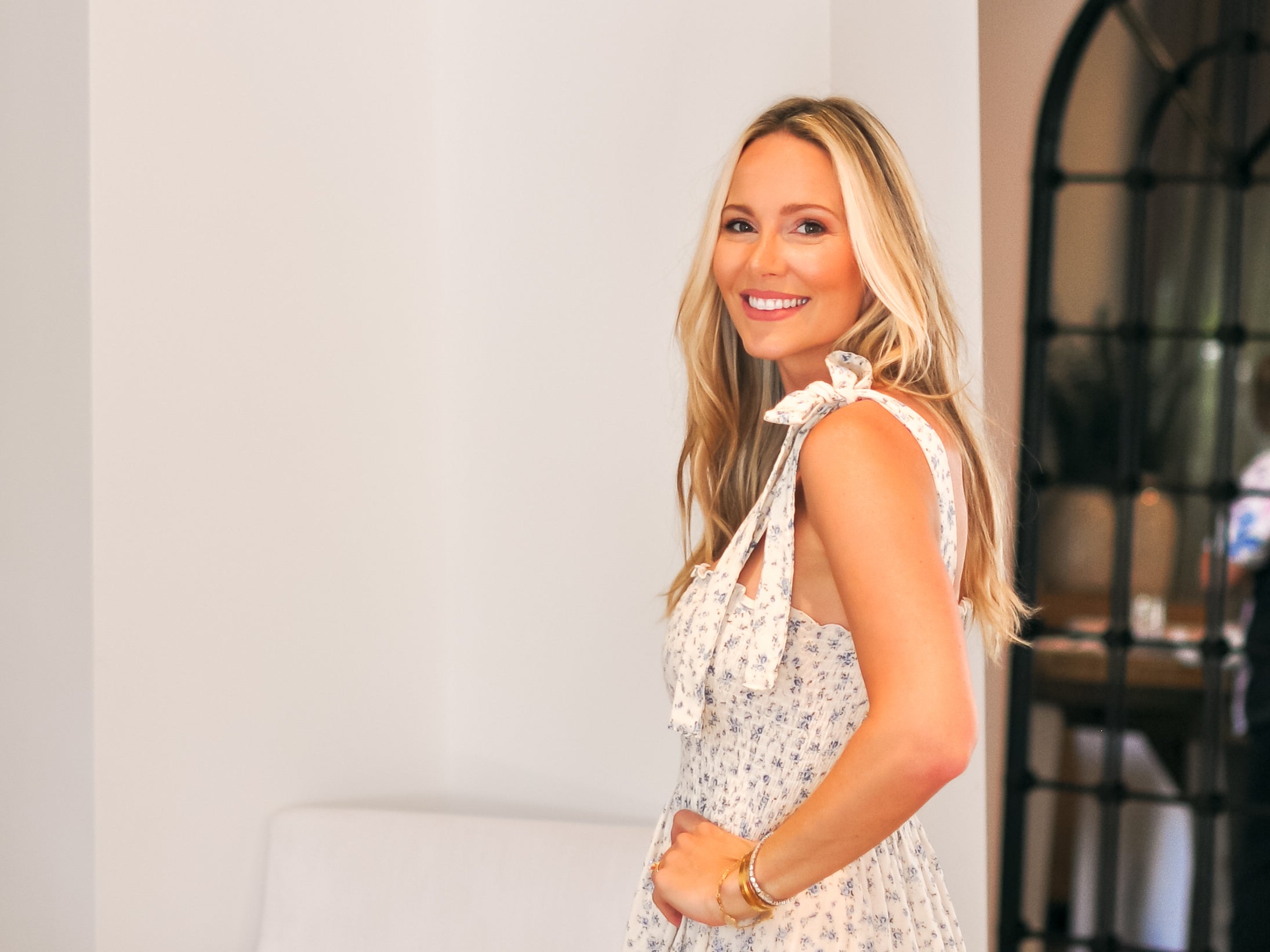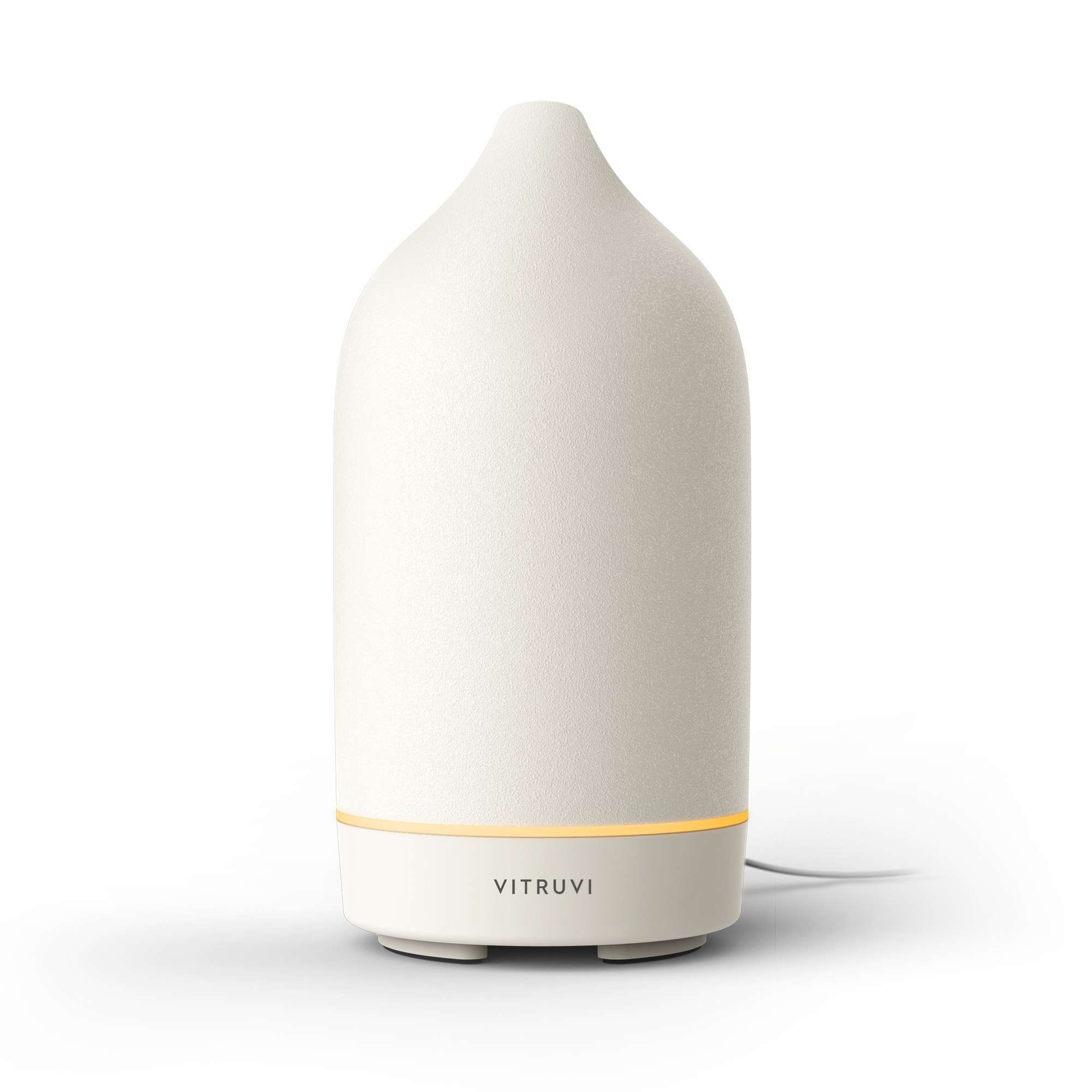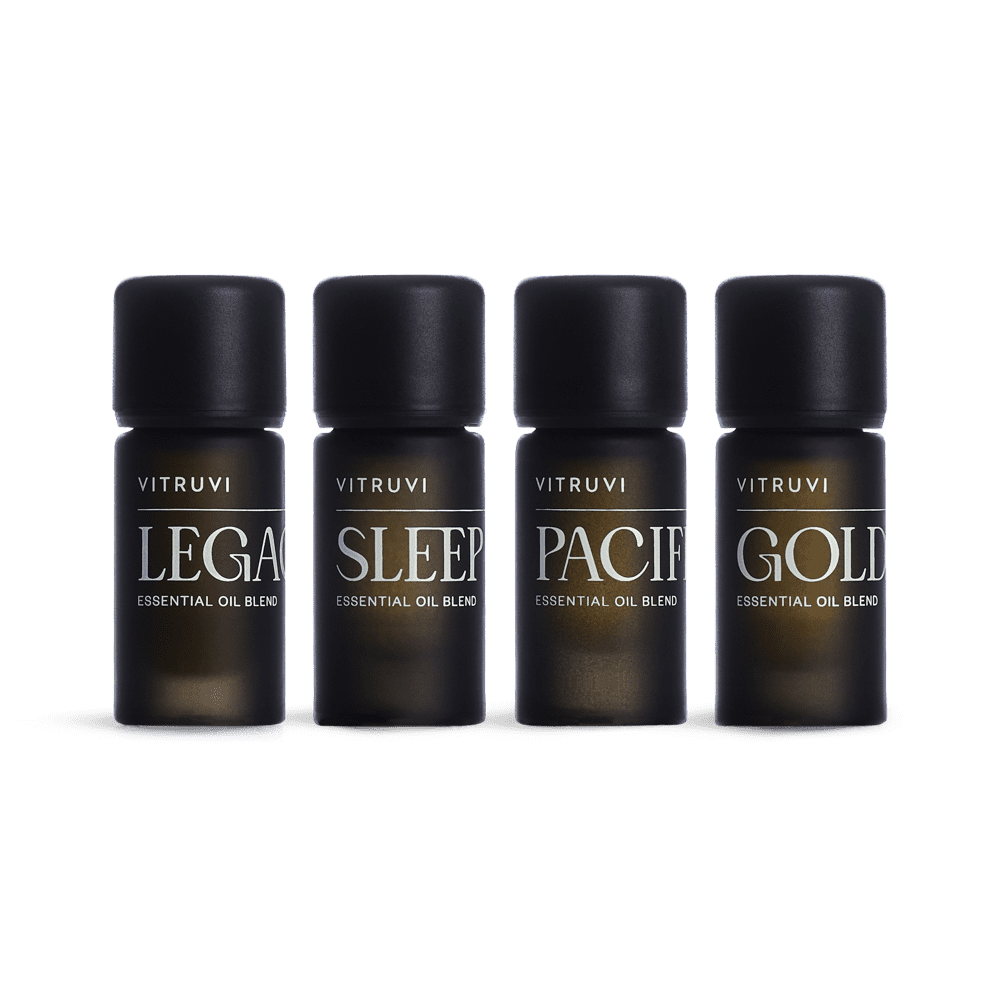As I scrubbed my cheeks with steel wool, my nine-year-old skin grew raw. The soapy water stung my face like fire, and my little hands trembled with each jagged pass. It was almost unbearable, but I had done this before. Just a little more to go.
I wasn’t sure how much of the darkness I had managed to exfoliate when I decided to end my treatment session. I got out of the bathtub, trading the liquid flames of the soapy water for the searing cool of the hallway air and the excruciating tightening of my drying wounds. As I tip-toed back to my room to hide and heal, I heard my father walking on the hardwood behind me.
“Aachi?” That’s his nickname for me; in the Tamil language it means “caring old lady,” a very strong term of endearment.
I slowly turned to acknowledge him, but made sure to look down at my feet in a desperate attempt to hide in plain sight. Squinting, he lifted my chin into the light; his eyes first widened in shock, then eased into worry.
“Aachi, what have you done?” He wasn’t mad; he whispered.
I pulled my face away, my eyes welling up. “I don’t want to be dark-skinned anymore!” I yelled. “I want to be light-skinned like Mommy!”
He calmly reset my chin in his thumb and forefinger, tilting it upward.
“Listen to me, Aachi,” he said. “Do you think I’m beautiful?” He began to imitate the over-the-top poses of a bodybuilder while peering at me from the corner of his eye.
“Yes,” I whispered back.
“Am I? Really?”
I began to giggle at his silliness: “Yes, you’re beautiful!”
He put his hands on my shoulders. “And you look like me,” he said. “My skin colour. That means you are beautiful, too.”
~
My father’s lesson was profound in its simplicity. And it was the first step toward knowing and loving my skin on my own terms.
I have spent years thinking about my skin. On hot summer days, I would watch it bead together droplets of sweat in an effort to cool me off. It worked diligently in protecting me from dangerous microbes that aim to infiltrate my body and break me down. It withstood the punishment of tattoo artists, serving as a canvas for my self-expressions. And it jumped out of itself when my now-husband kissed me for the first time.
Understanding skin’s universalities was the beginning of my journey. But in order to see my skin as truly mine, and as a reflection of my father, I needed to bathe in the stories of the people who came before him.
My ancestors were from the northeast province of Sri Lanka—Indigenous Tamil people genetically mingled with Javanese traders who settled in the same region hundreds of years ago. Their livelihoods were based in agriculture and the raising of livestock on the open range. Their coarse, curly hair and melanated skin were defences against the blazing sun that graced the middle of the earth as they cultivated rice paddies and fished on the open ocean. This darker complexion in particular was designed to protect them from the beautiful but deleterious effects of UV rays. And so my skin is a representation of their lives, their struggle, and their evolution.
Throughout my own evolution, since scrubbing my face into micro-scars, I have curated a skincare routine that, unsurprisingly, morphs with me as I age. Initially, it was developed to soothe and repair the damage that my low self-esteem and the steel wool had done; later, it progressed into a sense of respect and care as I began to understand the value of my skin beyond its colour.
~
It never escapes me how easily I have allowed others to place value on my complexion, as if they owned a piece of my father and our ancestors and could dictate my worth because of it. Innocently, I used to convince myself that—in comparison to my lighter-skinned family members and, certainly, white people—I was somehow less than. I had made white skin the standard, and wrongly taught myself that I had to do anything to live up to it.
More recently, I have come to appreciate the beauty in the sameness of my skin to all others in terms of natural function: cooling, protecting, healing, feeling. I have also come to appreciate the beauty in the sameness of my skin to the hardworking, sun-drenched people who came before me. Especially my father.
Now, in the mornings, when the sunlight pours into my bedroom and saturates my face, my husband wakes me with a light tracing of my nose. I open my eyes to his, which are darting from place to place, making a mental tally of my freckles. He’s not thinking about how much more pigment I have compared to his whiteness. Instead he’s seeing my uniqueness and the respect I have for the health of my skin. He’s seeing the history of my people. He’s seeing the result of wisdom. He’s seeing the love I have for myself, as I am.


